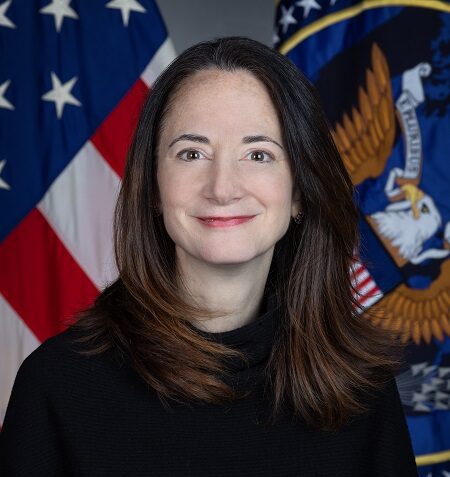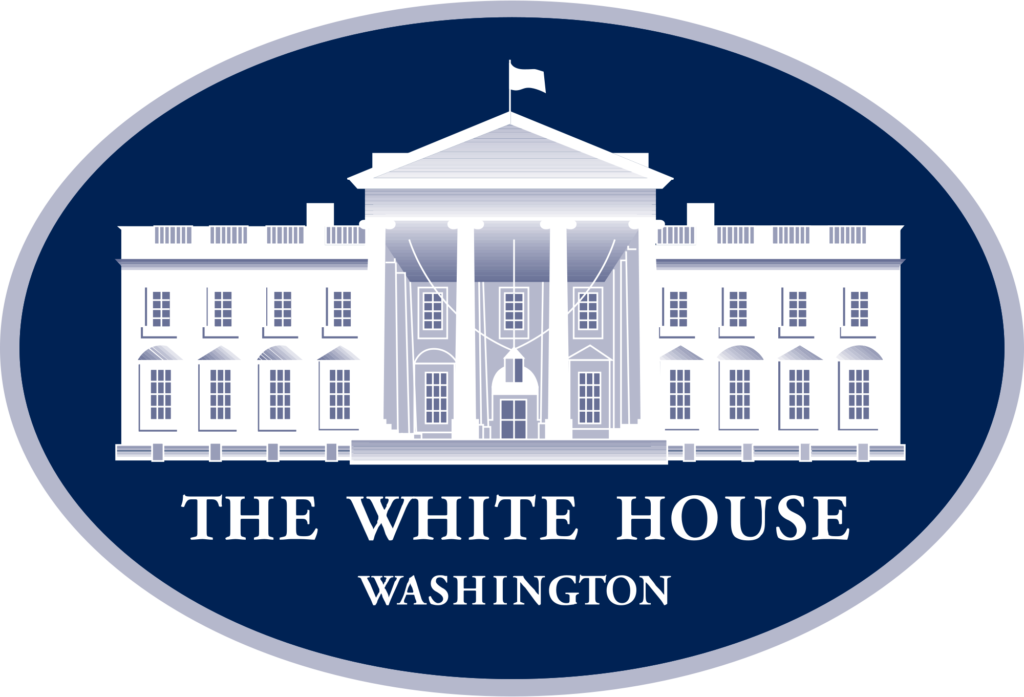


Serves as the principal advisor to the President, the National Security Council, and the Homeland Security Council on intelligence matters related to national security; serves as head of the sixteen-member Intelligence Community; and directs and oversees the National Intelligence Program.
Past statements on development, diplomacy, and U.S. global leadership:
On Diplomacy: In testimony before the House Committee on Foreign Affairs, Haines said, “We desperately need to invest in diplomatic efforts, ideally with our allies, to reduce existing tensions and identify a plausible path forward toward negotiations, so as to provide hope of a way forward.”
On Engaging Allies: Haines said, “We need to engage with our allies and partners outside of the region, as well as partners in the region, in order to promote a more stable order that better promotes security, human rights, and civic engagement.”
On Multilateralism: In testimony to the Senate Foreign Relations Committee, Haines said, “Multilateral frameworks – frequently established by advice and consent treaties as an historical matter – substantially enhance our ability to address challenges that cross borders, which happens more frequently now than ever before, and to prevent and respond to increasingly complex threats that demand coordinated action.”
On Africa: As Deputy Director of Columbia World Projects, Haines’ work largely focused on the intersection of cybersecurity and foreign policy, including several projects on developing national identification systems in Africa.
On Working with Congress: In testimony to the Senate Committee on Foreign Relations, Haines said, “Congressional involvement, and particularly the Senate’s involvement, would likely enhance the legitimacy of international agreements from a domestic perspective, allowing for greater deliberation regarding the interaction of international law and domestic law, making it more likely that our efforts in foreign policy are perceived as bi-partisan, long-lasting, and well-considered.”